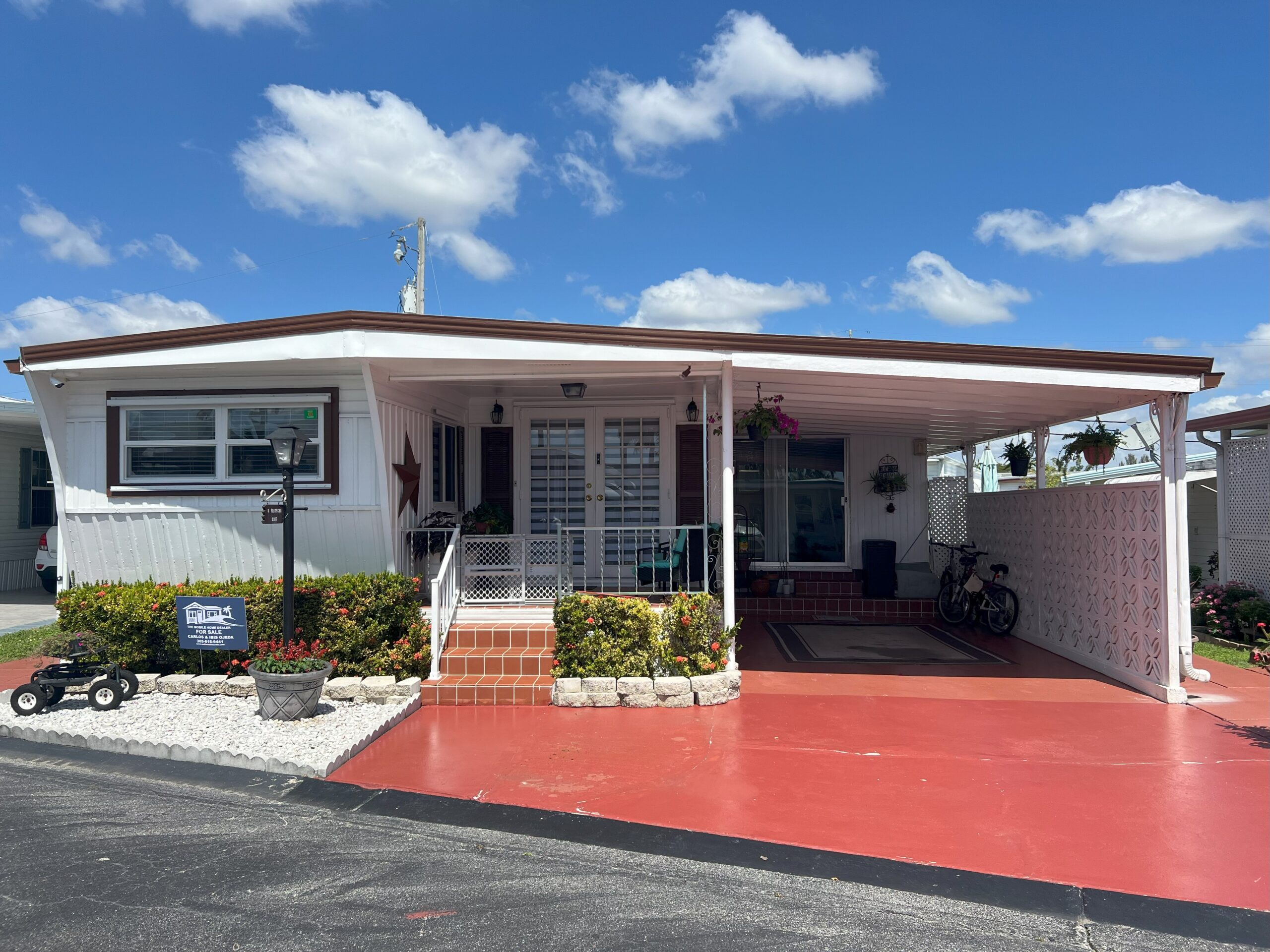The dream of owning a home often comes with visions of a cozy space tailored to your preferences and needs. However, traditional homeownership can be costly and time-consuming, leading many to explore alternative options. Building a mobile home is one such option that has gained traction in recent years. But can you really build your own mobile home, and if so, what are the considerations and challenges involved? In this article, we’ll delve into the world of building your own mobile homes to provide insights and guidance for aspiring builders.
Understanding Mobile Homes
Before considering building your own mobile home, it’s essential to understand what constitutes a mobile home. Mobile homes, or manufactured homes, are prefabricated dwellings built in a factory and transported to a chosen location. They are designed to be easily movable and are subject to specific building codes and regulations set forth by the Department of Housing and Urban Development (HUD) in the United States.

Mobile homes offer several advantages, including affordability, flexibility, and quicker construction timelines than traditional stick-built homes. They come in various sizes, layouts, and designs, making them suitable for various preferences and budgets.
Can You DIY a Mobile Home?
Constructing your own mobile home from scratch may seem appealing, but it’s important to note that building a mobile home involves specific expertise, regulatory compliance, and logistical challenges. Unlike traditional DIY home projects like remodeling a room or building furniture, constructing a mobile home requires a comprehensive understanding of building codes, structural engineering, electrical systems, plumbing, and safety standards.
While it is technically possible to build a mobile home yourself, the practicality and feasibility of such a venture depend on several factors:
- Building Codes and Regulations: Mobile homes are subject to strict building codes and regulations established by HUD to ensure safety, durability, and energy efficiency. DIY builders must adhere to these codes, often requiring professional oversight and approval.
- Engineering and Design: Designing a structurally sound mobile home requires expertise in engineering principles, including load-bearing capacities, foundation requirements, roof structures, and insulation standards.
- Skill and Experience: DIY builders need a high level of skill and experience in carpentry, electrical work, plumbing, and HVAC (heating, ventilation, and air conditioning) systems to execute a mobile home project successfully.
- Resources and Equipment: Building a mobile home requires access to specialized tools, equipment, and materials, which may only be readily available to DIY builders with significant investment.
- Time and Commitment: Constructing a mobile home is a time-intensive process that requires careful planning, project management, and dedication to see the project through to completion.
Alternative Approaches to DIY Mobile Homes
While building a mobile home entirely from scratch may be challenging for most DIY enthusiasts, there are alternative approaches that offer more feasibility and flexibility:
- Kit Homes: Some companies offer prefabricated mobile home kits that include pre-cut materials, detailed instructions, and support for DIY assembly. These kits can streamline the construction process while ensuring compliance with building codes and quality standards.
- Modular Construction: Modular homes are prefabricated off-site in modules or sections and then transported to the building site for assembly. DIY builders can explore modular construction options, which offer greater customization and control over the building process while leveraging factory-built components.
- Consulting Professionals: DIY builders can benefit from consulting with architects, engineers, contractors, and building inspectors to gain insights, guidance, and support throughout the project. Professional input can help navigate regulatory requirements, address technical challenges, and ensure the mobile home meets safety and quality standards.
Considerations Before Embarking on a DIY Mobile Home Project
If you’re considering building your own mobile home, here are key considerations to keep in mind:
- Research and Education: Familiarize yourself with mobile home construction techniques, building codes, and regulations specific to your location. Attend workshops, online courses, and seminars to enhance your knowledge and skills.
- Budget and Resources: Assess your budgetary constraints and determine the resources, tools, equipment, and materials needed for the project. Consider the cost-effectiveness of DIY construction versus hiring professionals.
- Site Selection: Choose a suitable location for your mobile home, considering zoning regulations, utility connections, accessibility, and environmental factors.
- Permits and Approvals: Obtain necessary permits, approvals, and inspections from local authorities before commencing construction. Ensure compliance with building codes, setback requirements, and safety standards.
- Safety and Quality: Prioritize safety measures throughout the construction process, including the proper use of tools, equipment, and personal protective gear. Emphasize quality craftsmanship and attention to detail to ensure a durable and functional mobile home.
- Timeline and Project Management: Develop a realistic timeline and project plan that accounts for milestones, deadlines, and contingencies. Practice effective project management strategies to stay organized and on track.
- Legal and Liability Considerations: Understand the legal implications of DIY construction, including liability for accidents, insurance coverage, warranties, and resale considerations.
The Bottom Line
While building your own mobile home may seem enticing, it’s essential to approach such a project with realistic expectations, thorough planning, and adequate preparation. Before starting a mobile home construction venture, DIY builders should carefully consider their skills, resources, budget, and regulatory compliance requirements.
Exploring alternative approaches such as prefabricated kits, modular construction, and professional consultation can enhance the feasibility and success of DIY mobile home projects while ensuring compliance with safety, quality, and regulatory standards. By balancing creativity, education, and prudent decision-making, aspiring DIY builders can turn their mobile home dreams into reality with careful planning and execution.

